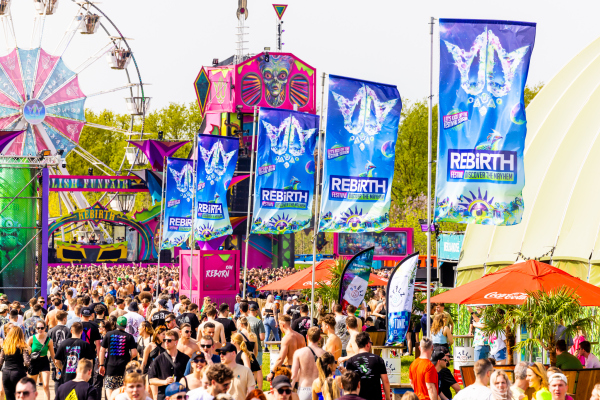We are preparing your order in a ZIP file. keep the window open so we can generate a ZIP file.
News
Stay informed and inspired with our news section, where we bring you the latest updates, interviews, event highlights, and industry insights.
Stay in the loop
Other highlights
16.04.2024Elektrum Festival returns to Velder Woods: "Bright by day, radiant by night"15.04.2024Devin Wild kicked off brand new live act INTO DEEP at REBiRTHPremium15.04.2024PremiumThis week's hardstyle releases [week 16]13.04.2024Discover the mayhem: REBiRTH just kicked off the festival season12.04.2024This week's hardstyle livesets [week 15]
1
2
3
...
29
Please wait..
0%
100%



![This week's hardstyle releases [week 17]](/thumbs/600x0/@0.5x0.5/gfx/news/2024/April/da_tweekaz_2024.jpg)
